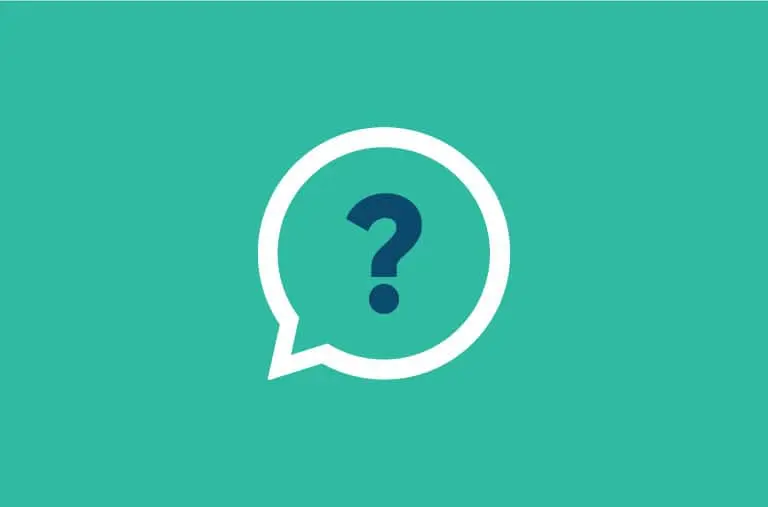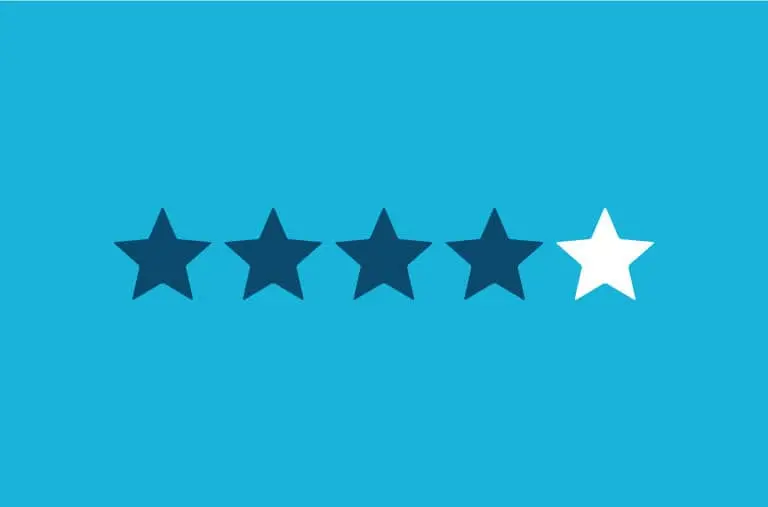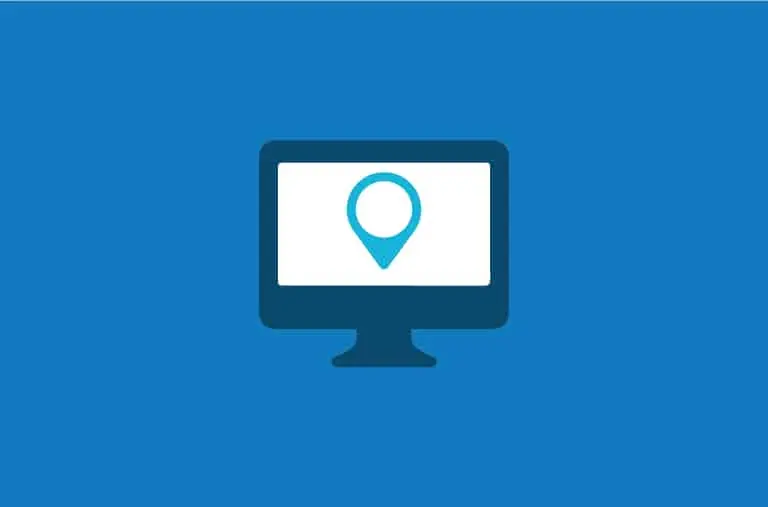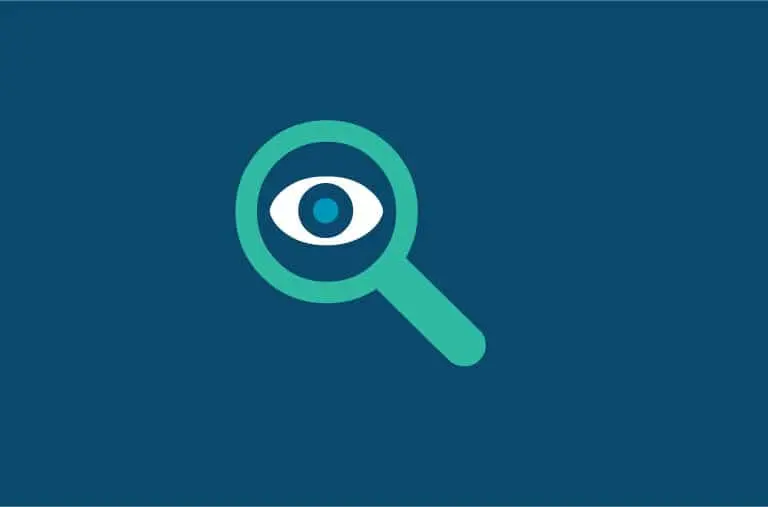Since 2000, CRM systems have seen the infusion of many technologies and platforms, including browser-based cloud computing, social media, mobile apps, big data and analytics, and now blockchain.
What is Blockchain?
Blockchain is defined as “a type of database that takes a number of records and puts them in a block.” (Investopedia) (Similar to collating them onto a single sheet of paper). Each block is then ‘chained’ to the next block using a cryptographically secured signature.
The process allows the chain of blocks to be used like a ledger. Anyone can share and corroborate with the appropriate permissions. This approach to data management enables disparate organizations (that don’t have control of the data) to trace data through lengthy processes. These actions involve multiple computer systems owned by different parties, whose goals and requirements can differ vastly.
Blockchain provides a common denominator for the data disparate entities need to collaborate. When most databases in the public and private sectors are hacked, blockchain’s decentralization fosters a secure and unhackable environment. Blockchain is most commonly used as a digital ledger for cryptocurrencies such as Bitcoin.
Simple Facts About Blockchain
- Digital currency and assets (money, music, loyalty points) are distributed across a global ledger in real time.
- Transactions are posted globally across millions of computers.
- A block is created every 10 minutes and linked to a time-stamped chain of blocks.
- Smart contracts are automatic agreements between companies and people that use the blockchain.
- A blockchain removes intermediaries and their costs. (Often-cited use case is that consumers can transfer money directly without the need for a bank.)
- Transactions are mostly peer-to-peer because the intermediary is cut out of the process.
- Blockchain technology will enable consumers to own and monetize their data.
- It can be with permission (closed access) or permissionless (open to everyone).
Who’s Using Blockchain
According to 2016 research by Deloitte:
- A billion dollars in venture capital has flowed to more than 120 blockchain startups.
- Thirty of the world’s largest banks have joined a consortium to design and build blockchain solutions.
- Nasdaq is piloting a blockchain-powered private market exchange.
- Microsoft has launched cloud-based blockchain-as-a-service.
- Blockchain concepts, prototypes, and investments are emerging in every major industry.
Blockchain is customer-centric and delivers engagement for brands prepared to invest in long-term customer experience and loyalty. Customer Relationship Management (CRM) and blockchain are a perfect fit. Blockchain technology safely stores certified information, providing a high-end cloud and scalable industry standard.
Industries and Businesses Using Blockchain
CRM business verticals that benefit from blockchain technology are regulated markets. Examples include:
- Healthcare
- Insurance
- Energy and Utilities
- Government
- Supply chain
- Telecom
- Publishing
- Real estate
These industries have regulated processes performed by operators while interacting with customers. It means that the companies must follow specific steps and certify specific properties as described by country laws or trade unions.
Another instance of Blockchain and CRM software is businesses that sell directly to consumers (B2C). Blockchain creates distributed, encrypted ledger technology that operates without centralized management. They are highly trusted repositories for financial transactions, digital rights, and sensitive data, such as identities and property records.
The Future of Blockchain and CRM
Inspections occur yearly, and the companies must provide evidence of how they followed the steps recorded. Or they need to show that the state of their systems evolved in a particular chronological order. Failure to do so could result in fees, removal of products from the market, and loss of partners. Saving the process data on the blockchain is key since it has military-level anti-tampering security.
Transactions can self-execute via smart contracts that eliminate friction and transfer data and value without the participation of traditional intermediaries. CRM systems will be affected by new expectations around user privacy control. Consumers have been required to share personal information and expose themselves to risk through hacks, such as the breach at Equifax. A blockchain can store and encrypt personal data and confirm details upon inquiry without actually sharing them.
Conclusion
Wide-scale Blockchain based CRM databases may be years away. But as the need for data security increases, specialized CRM solutions may be the first to incorporate it as market demand dictates.







